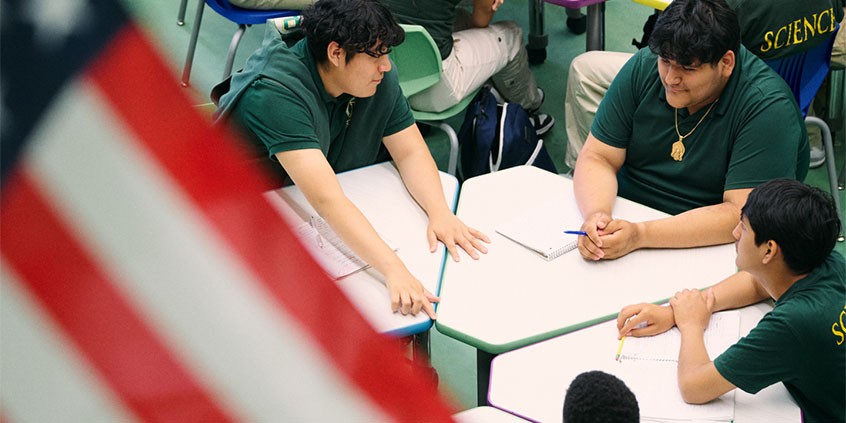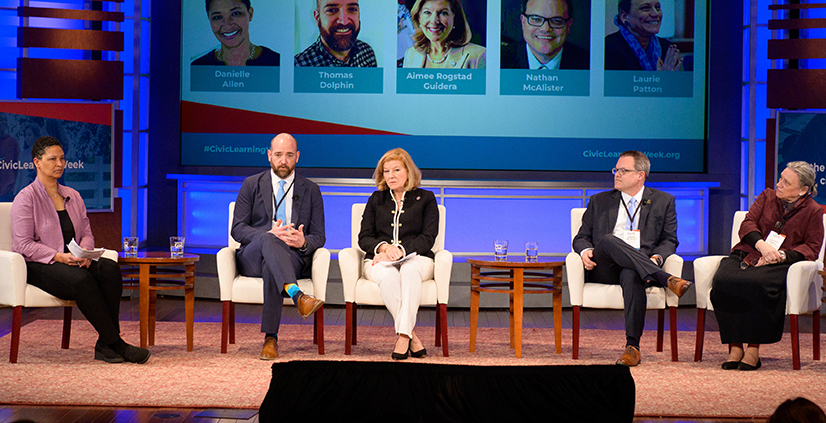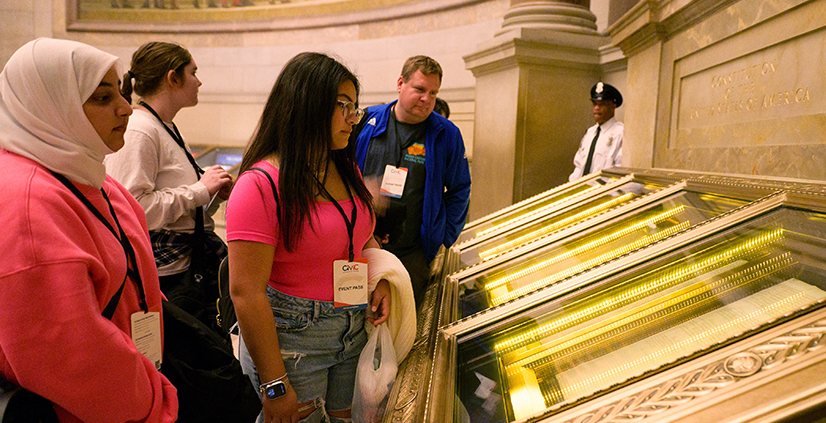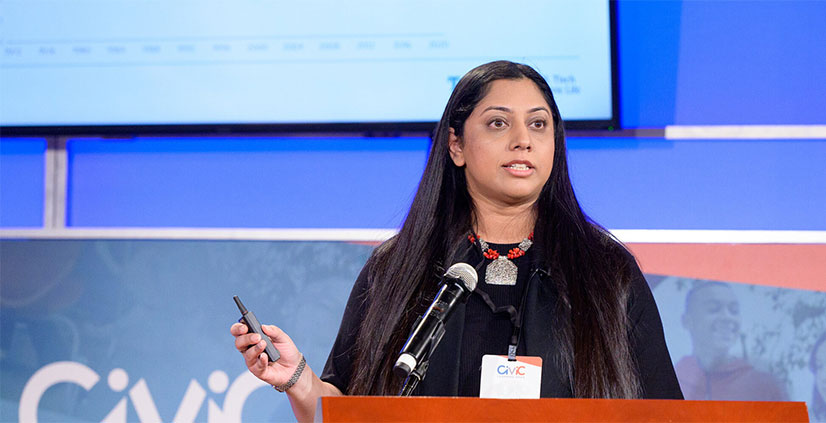IN THE STATES
|
STATE POLICY MENU
21st-century Civic Education Priority: Information Literacy
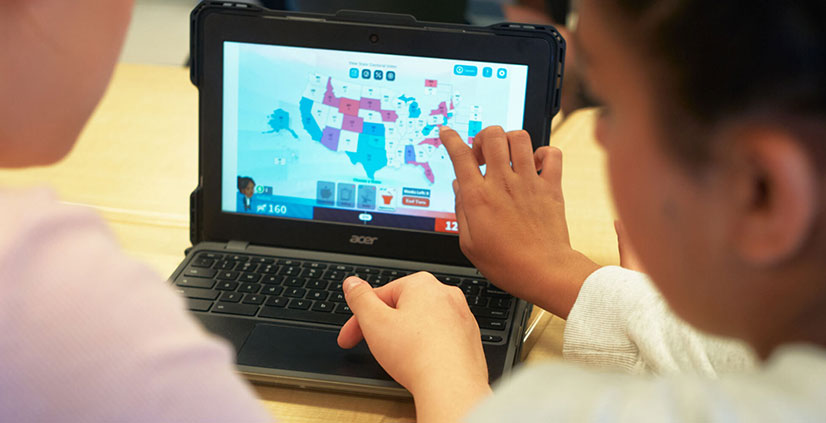

Challenge
To address the serious challenges of polarization and mis- and dis-information, the United States needs to support strengthened information literacy skills—inclusive of artificial intelligence (AI) and large language models—for the 21st century.
Solution
Prioritize information literacy throughout students’ K–12 experience, equipping educators with the latest teaching methods for strengthening students’ information literacy skills, including learning how to evaluate and assess the validity of various digital information sources.
State Policy Options
- Direct the state education agency to review and update information literacy state standards for relevance, including helping districts plan for responsible AI use. Encourage learning standards that embed information literacy content across subjects and grade bands.
- Provide resources for up-to-date school technology and facilities—libraries, most essentially—for students to both produce and consume digital information.
- Create new funding for professional development opportunities to strengthen educators’ civic and historical content knowledge at scale, as well as instructional strategies, including information literacy, to facilitate engaged and effective learning.
- Ask the state department of education to assess, monitor, and report students’ access to information literacy opportunities.
Examples
- CivxNow coalition state affiliate DemocracyReady NY Coalition’s Developing Digital Citizens offers recommendations to strengthen K–12 media literacy education in New York.
- The New America Foundation’s media mentor program implemented in Maryland and Illinois is worthy of replication across states.
Resources
- Model bill language
- State-specific K–12 civic learning profile
- Digital Inquiry Group
- National Association of Media Literacy Education
- News Literacy Project
- Report: Uncharted Waters: Education, Democracy, and Social Cohesion in the Age of Artificial Intelligence
For one-to-one support and/or technical assistance, please contact our state policy staff.

